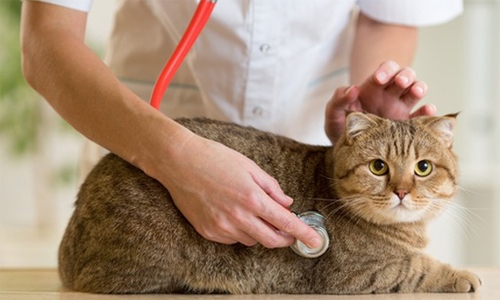PET VET - Paracetamol toxicity in cats
Paracetamol (acetaminophen) is the simple over the counter medication used frequently by people, but did you know that the drug is highly toxic to cats, with just one tablet causing death in some cases? It is worth remembering to never give cats or dogs human medication as they can react very differently to you and I.
Acetaminophen is absorbed rapidly and almost completely from the gastrointestinal tract of humans. In other animals and humans acetaminophen is metabolized primarily in the liver, but some of it is metabolized in the kidneys as well. Cats are deficient in acetaminophen metabolism pathways leads to the formation of a free radical and therefore cats are 7 to 10 times more susceptible to acetaminophen toxicity than dogs are. In cats a very dangerous toxic compounds are rapidly formed in their body that damages hemoglobin, red blood cells (RBCs), liver cells and occasionally, kidney cells.
Cats have been shown to produce signs of acetaminophen toxicity at a dose as low as 10 mg/kg. Symptoms begin within hours of intake. They include lack of appetite, drooling, vomiting, depression, blood in the urine, brown or blue mucous membranes with difficulty in breathing, dark chocolate-colored blood and urine, edema of face and paws and death in 18-36 hours.
Although acetaminophen exposure in cats can be fatal, successful outcomes are possible with prompt and aggressive veterinary care which includes oxygen therapy, intravenous fluid therapy, an antidote called acetylcysteine, blood transfusion etc. Special diets and possibly lifetime medications may be needed to counteract the liver damage.
The best preventative care is to give your cat medications only as directed by your veterinarian. Make sure that all medications are kept out of the reach of inquisitive cats.
Related Posts

